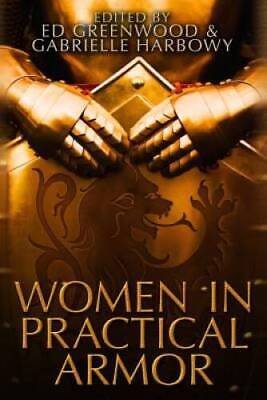TITLE: Slow Burn
AUTHOR: Mike Allen
278 pages, Mythic Delirium Books, ISBN 9781956522037 (paperback; also e-book)
MY RATING: 5 stars out of 5
Slow Burn, Mike Allen’s latest short story collection, is another tour-de-force mix of body horror, existential dread, and yes, I’ll say it again as I did for his previous collection, mind-fuckery (in the best possible sense of the word). Allen’s stories, even the dark fantasy entries, are grounded in a gritty reality that then veers into increasingly disturbing imagery. Even when his stories start with a sense of dread or an unsettling moment, Allen’s talent for grounding the reader before pulling the rug out from under is on full display.
Allen’s stories are character driven, wherein lies another of his talents: revealing the interiority of a character with sometimes just a sentence or two. Whether the story is set in the small town here-and-now of southwestern Virginia or a fantasy world, the horror is heightened because the characters, or their wants/needs, are recognizable and relatable. The main characters also tend to be common people – middle class or lower – rather than rich or famous, dealing with horrors that encroach on their ability to get a job, keep a job, or get home to a loved one.
In “Falling Is What It Loves,” a daughter tries to come to peace with the complicated relationship she had with her father after his death from cancer with the aid of a supernatural (or possibly alien?) creature called a “roommate.” Is the roommate somehow the main character’s conscience or internal monologue personified? Does every person on Earth have a “roommate”? The story opens up, but does not easily answer, questions about guilt and communication and generational trauma. Generational trauma is also at the core of “The Feather Stitch,” in which a grandmother’s search for her missing grandson leads her to a craft shop with a demonic connection – but generational understanding and familial magic also play their role in a dark story with a (hopefully) hopeful ending.
My two favorite stories in the collection share a theme: how secrets revealed can cause a life, and a person’s sense of self, to fall apart. In “The Butcher, The Baker,” Trukos’ life is simple: kill whoever Auntie Mayya tells him to, in defense of her baking empire. Until the day when Trukos kills someone he wasn’t ordered to and the magic driving him begins to unravel. (Is it spoilery to say this is the darkest take on both the titular fairy tale and “the gingerbread man” that I’ve ever read? Possibly. Sorry.). In “Gherem,” (co-authored with Charles M. Saplak), the titular character, injured in battle, is tasked with carrying an angry witch back to their homeland with the prize that had been battled for before enemy forces catch up to them – but neither Gherem, nor the witch, nor the reason for the battle, are what they at first seem.
The collection also includes horror, or horror-tinged, poems. I feel in no way qualified to review poetry, so all I’ll say is that like the short stories, the poems range from the subtly eerie to full-bore horror.
I love short fiction in all its forms: from novellas to novelettes, short stories, flash fiction, and drabbles. Sunday Shorts is the feature where I get to blog about it.






